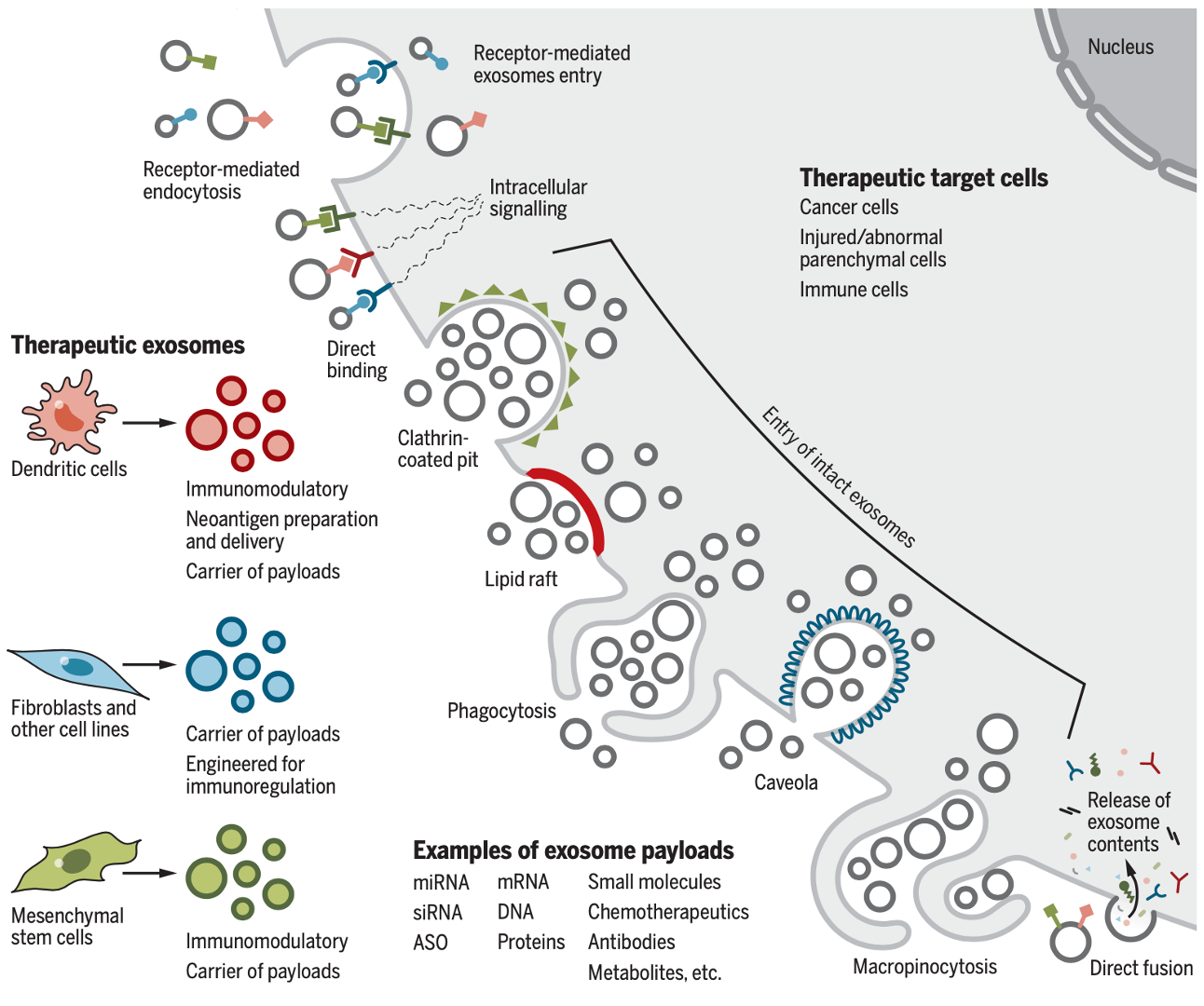Exosome Quantitative Proteomics Service
- High Sensitivity: It allows for the detection of low-abundance proteins in complex samples.
- High Throughput: The capability to simultaneously analyze multiple samples enhances overall efficiency.
- Rich Information: This approach yields valuable insights into protein expression levels and variations, which is crucial for biomarker discovery.
- Non-Invasive: It relies on bodily fluid samples, minimizing potential patient discomfort.
Exosomes are a type of extracellular vesicle, ranging from 30 to 150 nanometers in diameter, formed through the inward budding of endosomal membranes. They are prevalent in various cell secretions and bodily fluids and are enriched with complex RNAs, lipids, and proteins. By carrying these biomolecules, exosomes can modulate the biological activity of recipient cells, facilitating intercellular communication. The proteins contained in exosomes are involved in numerous biological functions, such as immune regulation, antigen presentation, cancer metastasis, tumor infiltration, angiogenesis, and neurodevelopment. As a result, exosomal proteomics is highly valuable in biomedical research, particularly in the discovery of biomarkers, identification of drug targets, and exploration of functional mechanisms. At MtoZ Biolabs, we specialize in utilizing exosomal proteomics to advance research in these critical areas.

Kalluri, R. et al. Science, 2020.
Figure 1. Role of Exosomes in Disease Therapy
Exosome Quantitative Proteomics refers to the analytical technique that assesses the composition and abundance of proteins within exosomes. This methodology integrates high-throughput mass spectrometry (MS) with bioinformatics tools, enabling precise characterization of protein types and their relative abundances in exosomal samples.
Analysis Workflow

Service Advantages
Our serviceoffers several key benefits:
Sample Submission Requirements

For more sample details, please consult our technical team.
Applications
(1) As disease-specific biomarkers.
(2) Diagnostic and therapeutic strategies for metabolic and cardiovascular diseases, neurodegenerative diseases, and cancer.
(3) Regulation of immune-related diseases by exosomes, such as activating immune responses to enhance immunity.
(4) As carriers of drugs and disease treatment options, from therapeutic agents packaging to immune response modulation, with applications ranging from oncology to regenerative medicine.
At MtoZ Biolabs, we are committed to providing high-quality Exosome Quantitative Proteomics Service, helping researchers achieve breakthroughs in their respective fields. For more information or inquiries, please feel free to contact us.
How to order?







